Keynote speakers
DHA: Keynote Addresses
Jill Walker Rettberg
Professor of Digital Culture & Co-Director of the Centre for Digital Narrative, University of Bergen
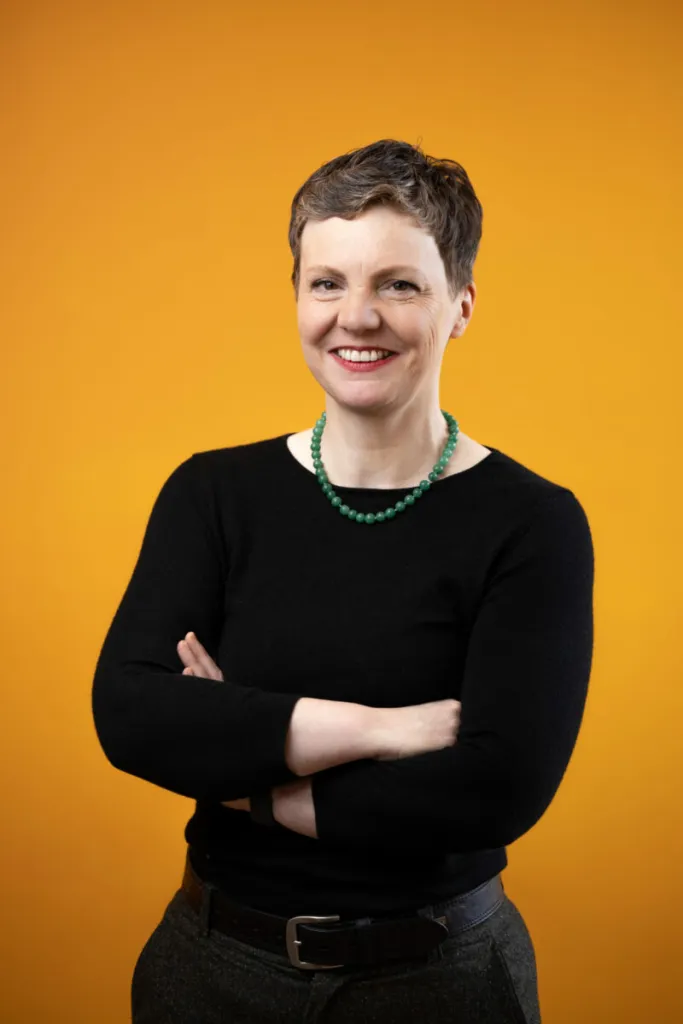
Jill Walker Rettberg is Professor of Digital Culture and Co-Director of the Center for Digital Narrative, a Norwegian Centre of Research Excellence at the University of Bergen that employs around 40 researchers. Jill leads the project AI STORIES: Narrative Archetypes of Artificial Intelligence, funded by an ERC Advanced Grant from the European Research Council. Jill is particularly interested in combining classical qualitative humanities research methods with digital humanities and computational methods. She has helped build curated databases like the ELMCIP Electronic Literature Knowledge Base and led work on the Machine Vision database, which was funded by an ERC Consolidator grant (2017-2024), and more recently has used machine learning and generative AI as qualitative research tool. Her books include Machine Vision: How Algorithms are Changing the Way We See the World (Polity 2023) and Seeing Ourselves Through Technology: How We Use Selfies, Blogs and Wearable Devices to See and Shape Ourselves (2014). Jill moved with her family from Perth to Norway as a child, and is a dual Norwegian/Australian citizen who loves both countries, so she is particularly happy to be speaking in Australia!
Kathryn Gledhill-Tucker
Nyungar technologist, writer, & digital rights activist, Digital Rights Watch, Australia
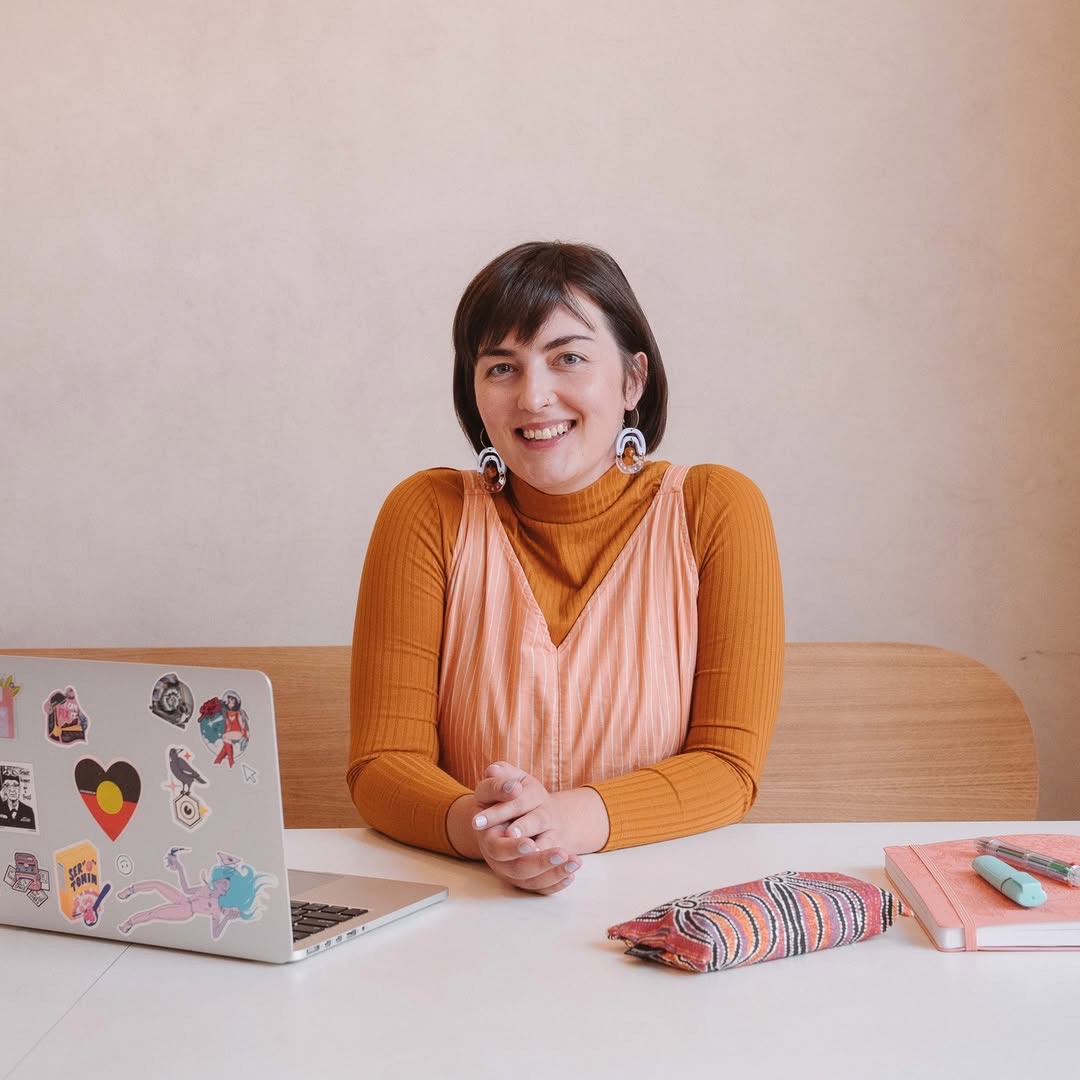
Kathryn Gledhill-Tucker is a Nyungar anti-disciplinary artist and creative technologist living on Whadjuk Noongar boodjar. Their work explores custodial approaches to data management, interrogating systems of surveillance, and using creative technology to explore coding as a liberatory practice. Their short fiction can be found in various anthologies, including the blak speculative fiction anthology This All Come Back Now (UQP) and New Australian Fiction 2024 (Kill Your Darlings). The short story ‘The Station’ was shortlisted for an Aurealis award for Best Science Fiction Short Story.
DHA: Plenary Panelists
Rose Barrowcliffe
Butchulla; post-doctoral research fellow, Macquarie University
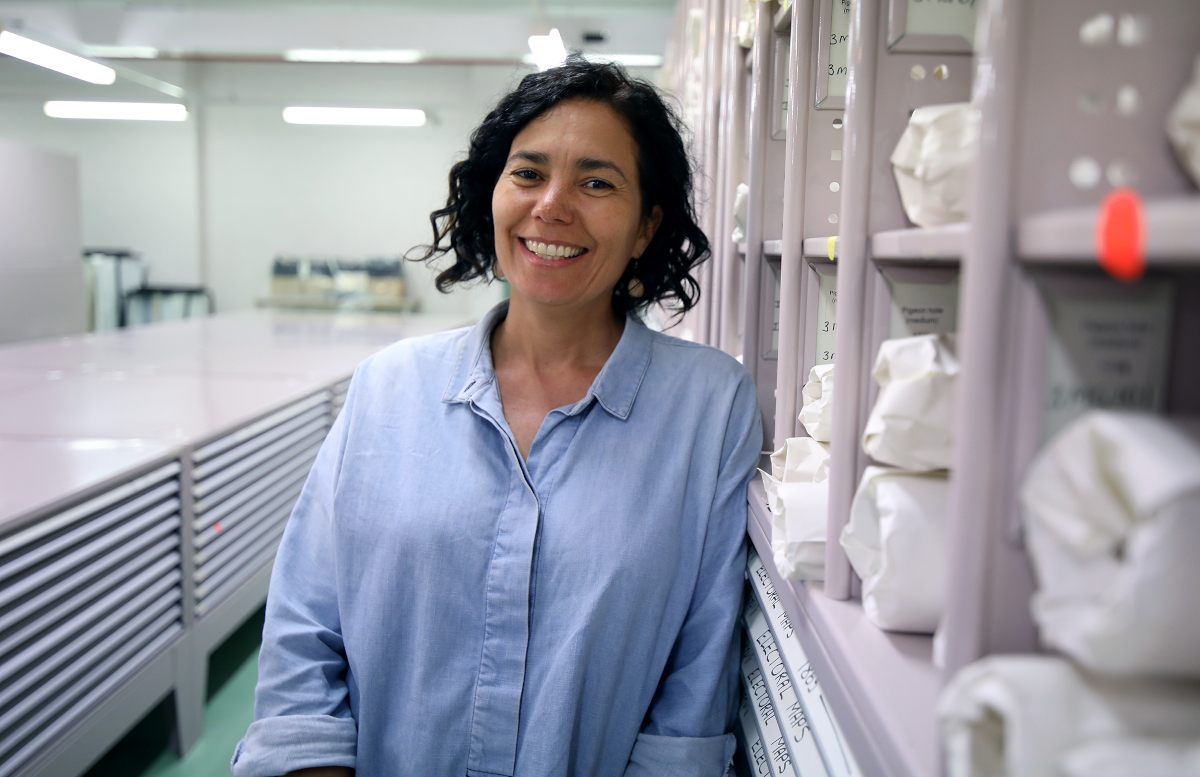
Rose Barrowcliffe is Butchulla and a post-doctoral research fellow at Macquarie University. Rose’s research examines the representation of Aboriginal and Torres Strait Islander people in archives and her postdoc specifically focusses on embedding Indigenous perspectives in metadata to support discoverability and access of records for Indigenous peoples. In 2021, Rose was appointed the inaugural First Nations Archives Advisor to the Queensland State Archives (QSA). This appointment coincided with the Queensland Government’s Path to Treaty. Rose’s work is helping to guide QSA to promote the use of records for Indigenous self-determination to support the Treaty process and beyond. In addition to this, Rose is an active member of the Indigenous Archives Collective (IAC).
Alison Dellit
Assistant Director General, National Collections Access, National Library of Australia
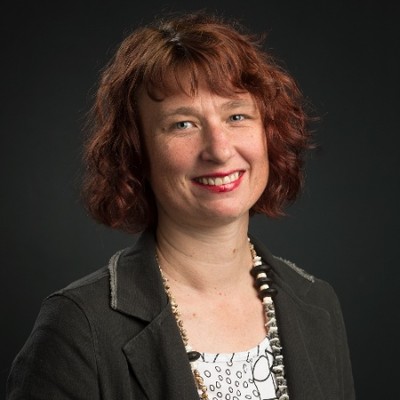
Alison Dellit is a senior executive at the National Library of Australia, where she is responsible for Trove, the library’s digitisation program, and services to Australian libraries.
Fiannuala Morgan
Lecturer in Publishing and Communication, University of Melbourne
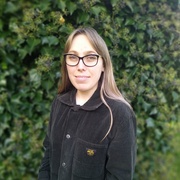
Fiannuala Morgan is a Lecturer in Publishing and Communications in the School of Culture and Communications and comes from a background in the information services industry where she been employed as a librarian and archivist for over a decade. Her research explores the possibilities that artificial intelligence yields for the analysis of digitalised cultural collections with a particular interest in the Australian colonial press.
CAPOS
Michael E. Sinatra
Professor of Digital Humanities and English, Université de Montréal

Michael Eberle Sinatra is a Professor of Digital Humanities at the Université de Montréal. Trained in Romanticism at Oxford and a specialist in Leigh Hunt, he has been involved in digital publishing and the digital humanities for twenty-five years. He has played a major role in institutionalizing Digital Humanities on an international scale. From 2009 to 2015, he served as the Francophone President of the Canadian Society for Digital Humanities (CSDH/SCHN), then represented Canada on the executive committee of Humanistica, the international Francophone association for Digital Humanities, from its founding in 2014 until 2019, acting as Secretary between 2016 and 2019. From 2021 to 2023, he was the Chair of the Scientific Council of OpenEdition, the French digital platform for humanities and social sciences research. He is currently Co-President of centerNet: An international network of digital humanities centers (2022–2026), and President of ADHO: The Alliance of Digital Humanities Organizations (2024–2025), the global umbrella organization for the digital humanities, comprising thirteen constituent organizations.
Tyne Daile Sumner
ARC DECRA Fellow in English & Digital Humanities, Australian National University
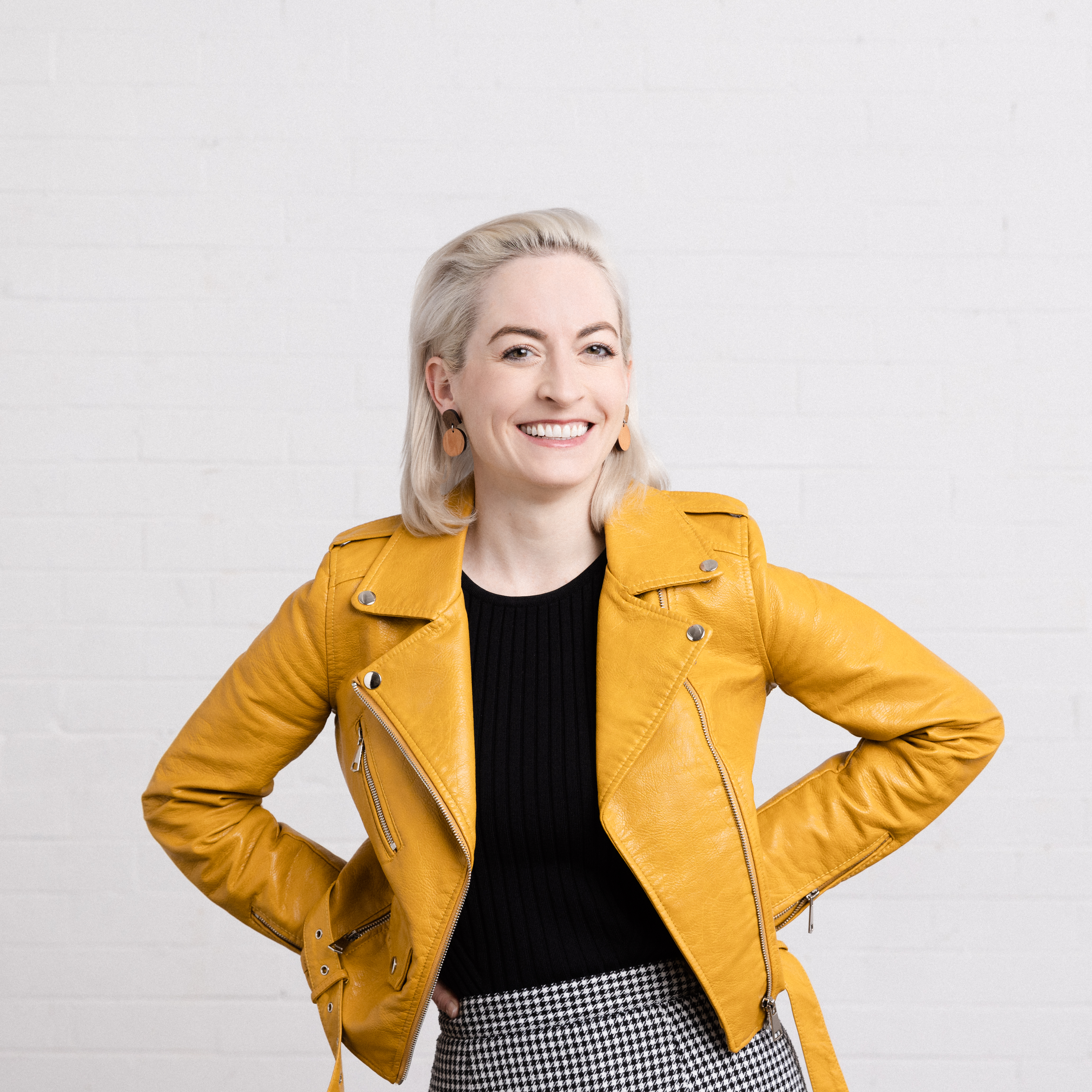
Tyne Daile Sumner is an Australian Research Council DECRA Fellow in English and Digital Humanities at the Australian National University. Her research examines topics ranging from C20th American Literature and poetics to surveillance studies, cultural analytics, and interdisciplinary approaches to Artificial Intelligence. Her first book is Lyric Eye: The Poetics of Twentieth Century Surveillance (Routledge 2021) and she is co-editor of Small Data is Beautiful (Grattan Street Press 2023). Tyne is President of the Australasian Association for Digital Humanities (aaDH) and is Co-Director of the Centre for Australian Literary Cultures (CALC) at the Australian National University. She is also the Constituent Organizations representative for the Australasian region on the board of the Alliance of Digital Humanities Organizations (ADHO). Over the past 15 years Tyne has led national Digital Humanities infrastructure projects, taught a wide range of digital research tools and methods, and mentored junior scholars across areas ranging from literary studies to computer science. She has articles forthcoming in Surveillance & Society, Journal of Borderlands Studies, Australian Literary Studies, C21 Literature: Journal of 21st-century Writings, Subjectivity